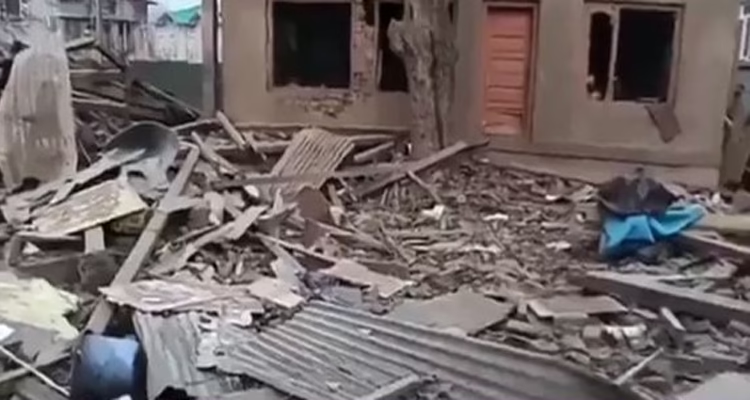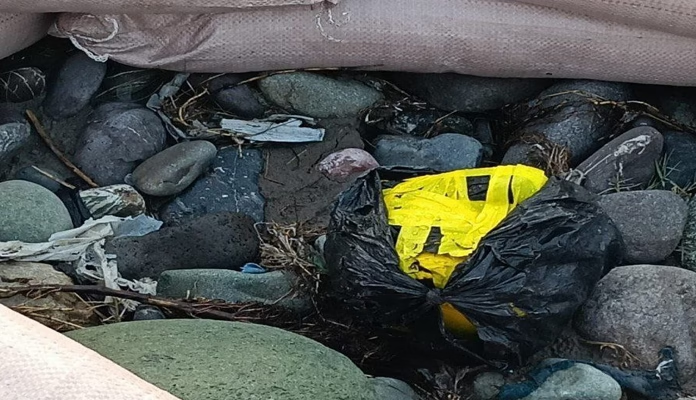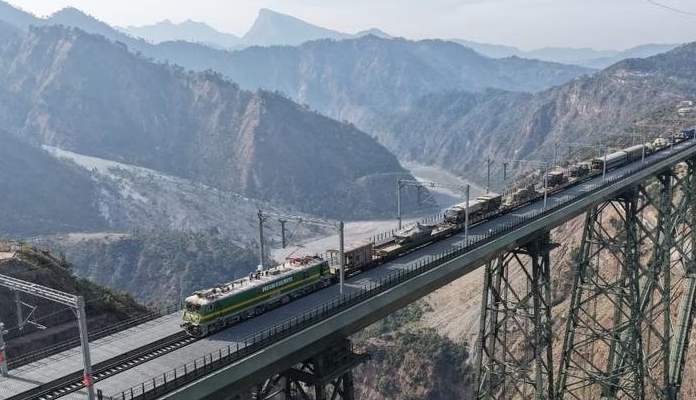
Srinagar: In a dramatic escalation of the Red Fort blast investigation, security forces on Friday razed the Pulwama residence of Dr. Umar Nabi, the prime accused in the deadly car explosion that rocked Delhi earlier this week. The demolition, carried out with a controlled IED blast between Thursday night and Friday morning, forms part of intensified anti-terror operations in Jammu & Kashmir.
The Hyundai i20 used in Monday’s explosion—which killed 13 people and left more than 20 injured—has been traced back to Dr. Umar, a Kashmiri doctor who investigators believe was driving the vehicle. His exact role in the plot is still being pieced together.
Security forces have demolished the Pulwama house of Dr Umar Un Nabi, the Delhi Red Fort car bomber linked to JeM’s “Doctor Module.”
A firm message terror has no shelter, no sympathy, no escape.#Kashmir stands united against terror.#KashmirRejectsTerror 🇮🇳@dushy40098 @bdun53 pic.twitter.com/t94QzBng0S— Zaffar Shahid (@ZaffarShahid2) November 14, 2025
Six Arrested as Raids Sweep J&K
In a massive crackdown following the attack, police conducted overnight raids across the region, arresting six suspects, including three of Umar’s family members. Investigators say Umar was in touch with two Kashmiri doctors earlier detained in the Faridabad terror module case, where over 2,900 kg of explosives were recovered.
Umar’s identity was conclusively established after DNA from the blast site matched samples taken from his mother.
From Doctor to Extremist: A Troubling Descent
Officials revealed that Umar, once regarded as a promising young doctor, had drifted toward radical ideology over the past two years. He had joined multiple extremist groups on encrypted platforms, working closely with Dr. Muzammil Ahmad Ganaie and Dr. Shaheen Shahid.
The trio allegedly used the Switzerland-based encrypted app Threema for long-distance coordination and set up a closed Signal group for operational planning.
Funding Trail & Explosive Materials Unearthed
The financial trail uncovered by agencies points to a meticulously planned conspiracy. The group reportedly raised over ₹26 lakh, funneled through Umar to fund the terror operation. A significant part of this money went into procuring around 26 quintals of NPK fertiliser, worth approximately ₹3 lakh, sourced from Gurugram, Nuh, and nearby districts.
NPK acts as a key component in making improvised explosive devices when mixed with other chemicals.
Sources further indicated that the module was plotting coordinated blasts across four cities, with eight operatives preparing to split into pairs to carry out simultaneous attacks.




